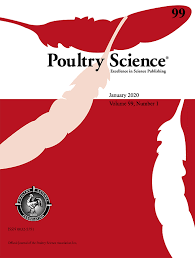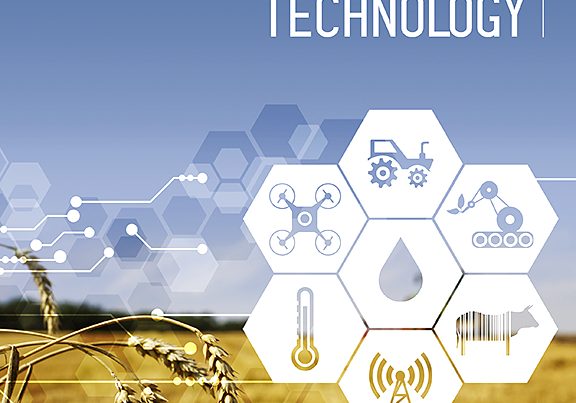Document type: scientific review published in Frontiers in Veterinary Science
Author: Matyas Liptovszky
Preview: Advancing animal welfare in zoos is a multifaceted endeavor that lies at the core of their conservation and educational missions. [...]Efficiently assessing the welfare of animals in zoos is critical to ensure that resources are allocated appropriately and that continuous improvement efforts are most impactful. Many zoos conduct welfare assessments, Traditionally, welfare assessments have been conducted carried out through careful observation of animals and/or evaluation of data collected by trained staff, This can be, however, labor limitingintensive, limiting the scale and frequency of such evaluations. The need for scalability and efficiency calls for innovative solutions that can harness the vast amount of data collected daily in zoo environments.The modern zoo environment generates vast amounts of data daily, providing a unique opportunity to assess and improve animal welfare continuously. [...] By tapping into this wealth of data and embracing data science techniques and technology, zoos can gain valuable insights into animal behavior and health, identify potential welfare issues, and assess the effectiveness of enrichment programs. [...]The combination of traditional animal care staff-collected data and these novel data sources could foster a more holistic approach to animal welfare assessment, leading to comprehensive and data-driven decision-making, as well as significantly improved effectiveness. [...]Data science presents a transformative opportunity for advancing animal welfare in zoos. By adopting a data-driven approach, zoos can efficiently and effectively assess the well-being of a larger number of animals, optimize resource allocation, and make evidence-based decisions. The integration of diverse data sources allows for comprehensive welfare assessments and enriches our understanding of animal behavior and health. Addressing challenges related to knowledge, technology, and resistance to change requires collaboration and investment in training and resources.Ensuring ethical data collection and use, as well as addressing bias in AI systems are essential considerations. Embracing technological change and fostering collaboration between experts are pivotal for success. Data science offers a compelling path forward, empowering zoos to embrace a more evidence-based, data-driven approach to continuously improve animal welfare. This collective effort could positively impact animals, visitors, and staff alike, further elevating the vital role zoos play in conservation, education, and research.






